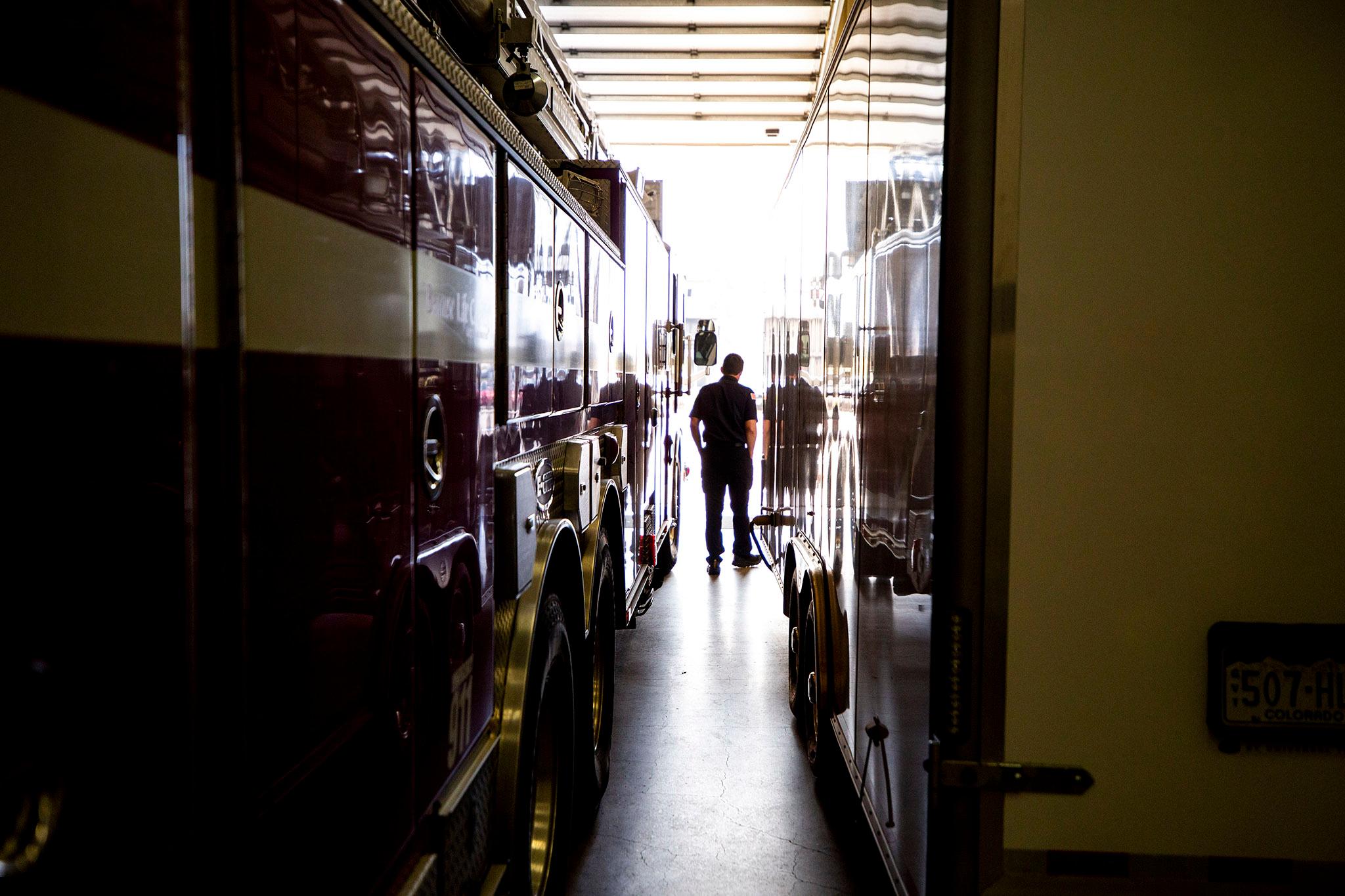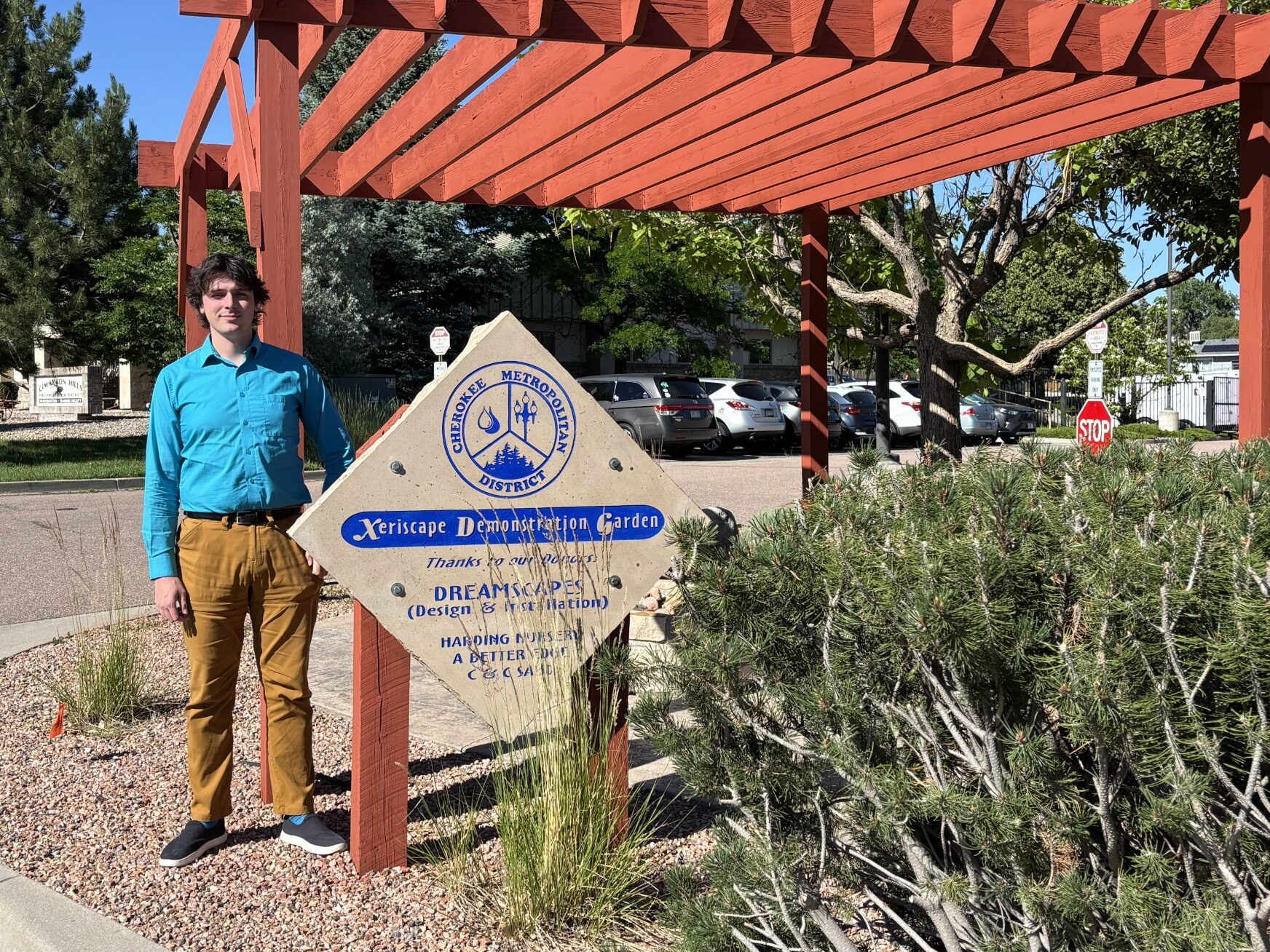
Democratic leaders in the state legislature plan to introduce a bill that would allow many more public employees to unionize.
The bill, to be introduced in the upcoming session, would remove a longstanding exemption that has stopped the employees of most Colorado cities, counties and universities from organizing.
“Collective bargaining is a fundamental right that should be available to all Coloradans regardless of where they work. Our current laws actually deny this basic right to some of the most important workers in our state, including to tens of thousands of local public employees,” said House Majority Leader Daneya Esgar in an interview.
Currently, a city’s employees can only formally organize if it’s allowed under their city’s laws.
Out of nearly 270 local governments, only 16 have collectively bargained contracts with any of their workers. Most commonly, uniformed services such as police have been able to unionize in larger cities.
Esgar argued that unionization would result in better wages, benefits and working conditions.
“Colorado simply can't afford to continue to lose these highly skilled essential workers because we're failing to compete in the increasingly tight labor market,” she said.
What the law would do
Under the new law, the employees of any local government could choose to have a union drive. It would also apply to workers at public schools, colleges and universities; library districts; fire authorities; special districts; and public defenders, according to a draft obtained by CPR News. The bill will be sponsored in the state Senate by Majority Leader Steve Fenberg.
The bill would also allow existing public-employee units to renegotiate their contracts, according to the Colorado Municipal League.
The proposal will face strong resistance from some of the state’s local governments. Local voters and elected leaders should have the power to decide whether employees can unionize, said Kevin Bommer, executive director of CML.
“It's not a matter of being for or against organized labor and collective bargaining. We’ve got cities that think it's a great idea, and their voters have supported it for decades,” Bommer said. But the voters of other cities — such as Colorado Springs — have been steadfast in opposing unions, he added.
“It's not the state's role to dictate personnel practices at the local government level,” Bommer said. “They're more than welcome and should do it for their own employees.”
Bommer also asked whether state lawmakers would be violating the constitution by overriding local law in home-rule cities. The state law would set a specific procedure for local governments to follow, including negotiating with the union representatives and allowing the union access to employee orientations and events.
Unions are based on “bargaining units,” which can vary in size. If a majority of a bargaining unit votes to unionize, the employer has to recognize that unit.
However, unlike in the private sector, public-sector employees can’t be forced to pay dues or join a union, according to Naomi Perera, general counsel for the Colorado Professional Firefighters. (That’s due to a 2018 decision by the U.S. Supreme Court.)
Protections would also exist for non-unionized workers
The bill would also grant some protections to workers who aren’t unionized. Similar to federal law, the bill protects employees who are engaged in “concerted activity,” such as raising workplace concerns, Perera said.
“Right now, you can have workplaces where there is a real culture of fear,” she said. “Right now, in the public sector it’s very easy for those employees to simply be terminated. It would give them the ability to be protected, even if they don’t unionize.”
The state has been wrestling with the question of public-sector unionization for years. Last year, lawmakers granted organizing rights to about 28,000 state employees through House Bill 20-1153, which was also sponsored by Esgar.
Earlier, in 2013, Gov. John Hickenlooper signed a new law that allowed firefighters to organize — but only if they could win permission from local voters in an election. That law has fizzled, resulting in very few unionization efforts, Bommer said.
“The reality is that there’s actually only one jurisdiction in the state of Colorado that has gone through the process,” Perera said. “The petition process … has just proven to be a really heavy lift.”
In 2009, Gov. Bill Ritter vetoed a bill that would have allowed firefighters to unionize more easily.









